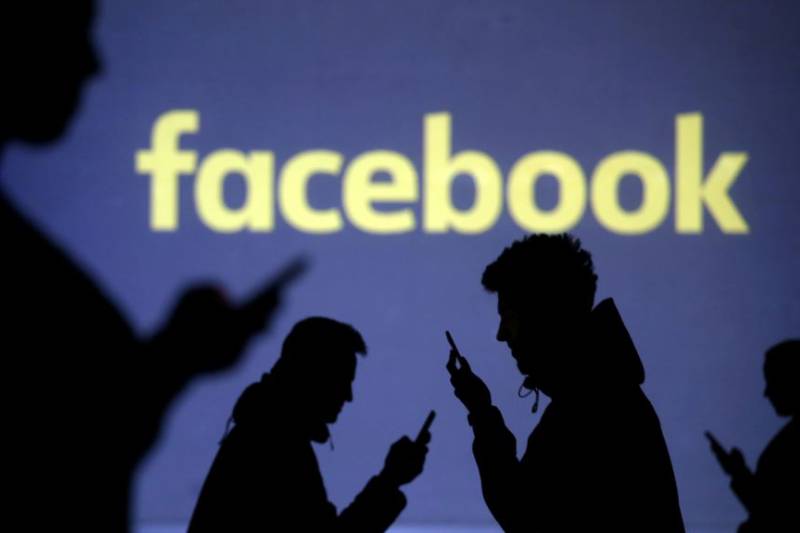Facebook has significantly increased its investments to ramp up Sinhala and Tamil language expertise targeting to curb hate speech and other harmful contents originating from Sri Lanka on the social media platform.
“We have invested heavily on Sinhala and Tamil language expertises as we have promised. We significantly ramped up our language expertise in Sri Lanka through hiring more experts after the Digana riots,” a Facebook spokesperson told reporters in Colombo yesterday.
He noted that their public policy team members in Sri Lanka have worked closely with the global team in providing additional context to curb hate speech on the platform.
According to Facebook’s latest community standards enforcement report, the social media platform removed four million pieces of hate speech globally from the platform in the first quarter of the year.
It stated that improvements and expansion of its proactive detection allowed Facebook to increase the amount of content it detected from 3.3 million in 4Q 2018 to four million in 1Q 2019.
The spokesperson highlighted that 65.4 percent of hate speech content was removed by its proactive detection tools, compared to 51.5 percent in 3Q18, which is a significant improvement.
“We have invested in proactive detection tools; AI tools become stronger over last few years,” he said.
However, as hate speech is highly contextual, the official noted that Facebook has to rely more on the community to report such content.
Facebook is in the process of developing a global metric while expanding prevalence measurement to cover more languages and regions, to account for cultural context and nuances for individual languages.
A team of Facebook officials also hosted its second community standard forum in Sri Lanka on Tuesday with civil society leaders and experts.
Facebook has deployed a team of 30,000 to work on safety and security issues of its users globally, of which over 15,000 have been deployed to look into content-specific issues.
Under its community standards, the social media platform removes hate speech, which includes content that directly attacks people based on their race, religion, national origin, gender identity, caste, sex, ethnicity, serious disability and sexual orientation.
However, Facebook doesn’t regard the ideas that challenge institutions and practices as hate speech, ensuring the right for freedom of speech on the platform.
According to some reports, there were nearly six million Facebook users in Sri Lanka as of last year and there was also a significant number of fake profiles originating from Sri Lanka, which are mainly used to circulate harmful content.
During the first quarter of this year, Facebook has removed 2.2 billion fake accounts globally.
(www.dailymirror.lk)

